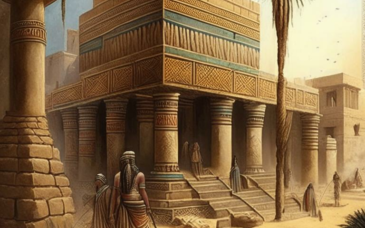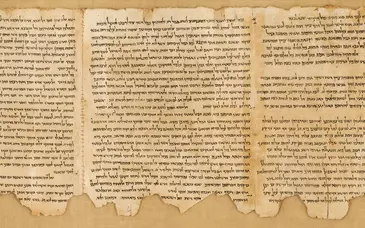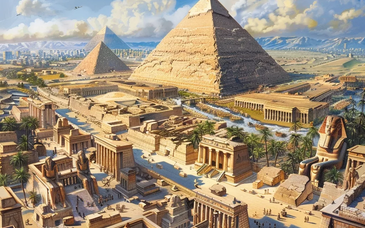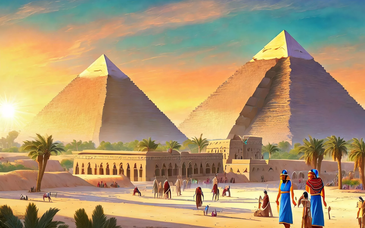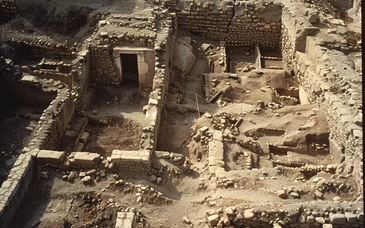In the realm where faith and history converge, Biblical archaeology serves as a fascinating bridge, providing tangible connections to the sacred narratives that have shaped cultures and civilizations. Join us on a captivating journey as we delve into the world of "Unveiling the Ancient Mysteries: Exploring Biblical Archaeology."
The Intersection of Faith and Discovery:
Biblical archaeology is a discipline that seeks to unearth and interpret artifacts, structures, and historical contexts that shed light on the events and people depicted in the Bible. As archaeologists meticulously excavate ancient sites, they unravel layers of time, unveiling a tapestry woven with threads of faith and history.
Tracing Footsteps Through Time:
Imagine standing in the very places where Biblical stories unfolded, walking the same paths as prophets, kings, and ordinary people from centuries past. This exploration allows us to trace the footsteps of our forebears and gain a deeper understanding of the cultural, social, and religious landscapes that shaped their lives.
Discoveries Beneath the Surface:
Archaeological digs have yielded remarkable discoveries, ranging from ancient scrolls and inscriptions to grand structures and everyday artifacts. These findings not only corroborate the historical accuracy of certain Biblical accounts but also provide valuable insights into the daily lives of the people who lived during those times.
Unearthing Lost Cities:
Some of the most intriguing aspects of Biblical archaeology involve the identification and excavation of lost cities and civilizations. These discoveries not only affirm the existence of once-forgotten places but also contribute to a more comprehensive understanding of the historical contexts in which Biblical events unfolded.
Challenges and Controversies:
The field of Biblical archaeology is not without its controversies. Scholars grapple with interpreting findings, reconciling archaeological evidence with textual accounts, and navigating the complexities of religious and cultural sensitivities. Exploring these challenges adds depth to our appreciation of the discipline.
The Role of Technology in Exploration:
Modern technology, from ground-penetrating radar to advanced imaging techniques, has revolutionized the way archaeologists explore and excavate ancient sites. These tools enable researchers to uncover hidden details and unlock secrets buried beneath layers of time, enriching our understanding of the past.
Preserving the Past for Future Generations:
As we uncover the ancient mysteries, a crucial aspect of Biblical archaeology is the preservation of historical sites and artifacts. The delicate balance between exploration and conservation ensures that future generations can continue to learn from and be inspired by the tangible remnants of our shared human heritage.
The Human Connection:
Beyond the artifacts and structures, Biblical archaeology fosters a human connection. It invites us to empathize with the struggles, triumphs, and everyday experiences of those who lived in antiquity. In doing so, we cultivate a profound appreciation for the enduring impact of faith and history on the human story.
"Unveiling the Ancient Mysteries: Exploring Biblical Archaeology" invites us to embark on a journey that transcends the boundaries of time. Through the lens of archaeological exploration, we gain a deeper appreciation for the intertwined nature of faith and history, enriching our understanding of the timeless narratives that continue to shape our world today.
